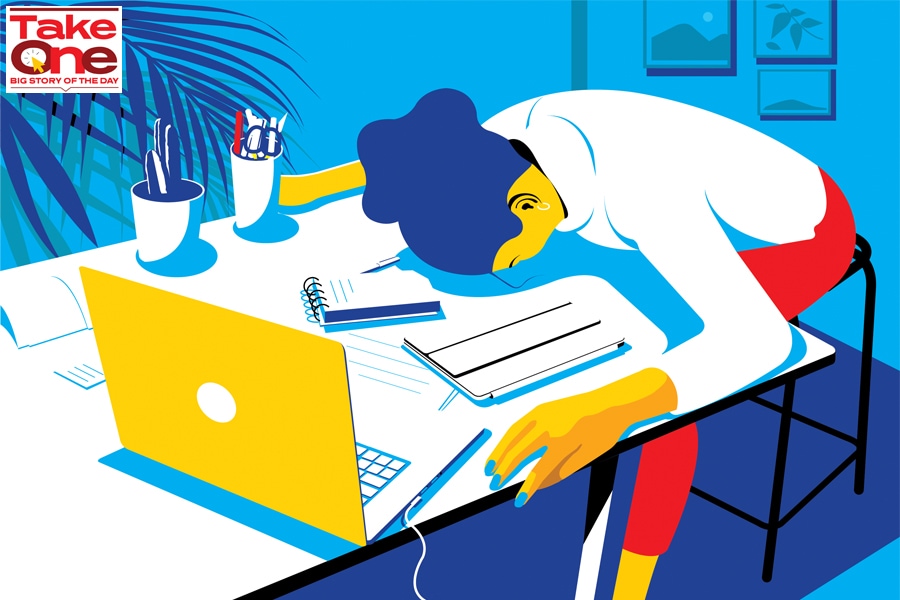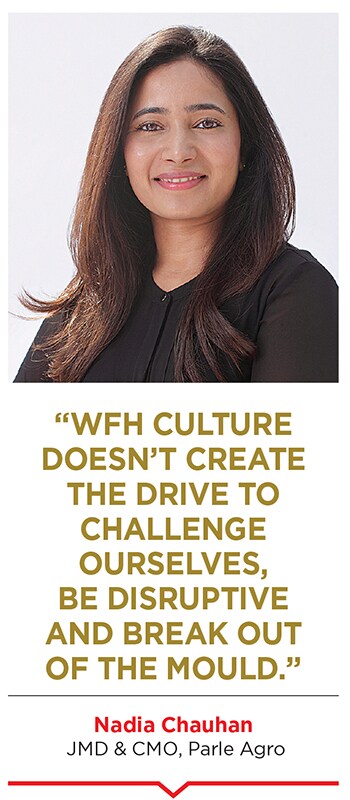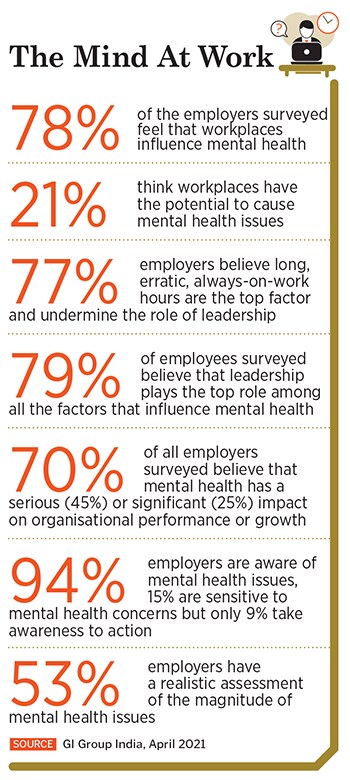
Work from home: This future of work may not be sustainable
A year on, the model evokes survivor's guilt, productivity shame, lack of motivation and attention for some, while for employers, it's a situation far from ideal
 Illustration by Sameer Pawar
Illustration by Sameer Pawar
In March 2020, when the government announced a nationwide lockdown to contain the spread of Covid-19 and work from home became the norm, for some part of corporate India that hadn’t ever worked remotely, it was a blessing in disguise. It gave them the chance to work and spend time with their families, introspect, learn new things or pursue hobbies in the time they’d usually spend on commuting.
For Sania Jagirdar (name changed on request), a 33-year-old Mumbai-based IT professional, it was all so new. After spending around 10 hours at work, she collaborated with an artist-friend to create art. “It gave me a sense of accomplishment, the likes on Instagram, the validation, that my life was not limited to work anymore,” she says. “Art was comforting, but what made me the happiest was that I got time to spend time with my sister who was going to get married next year,” she adds.
One year later, she, like many others, is still working from home. But, this time, nothing feels the same, she says. Ten-hour shifts have turned into 12 hours or more, there’s no time to create art, and her sister’s wedding keeps getting postponed for a time when the family will stop receiving calls informing that a relative has succumbed to the virus.
“Work from home is not a novel concept anymore. Like everything else, art also feels monotonous. There’s no respite from work and there’s nothing to look forward to,” she says. “I had to seek professional help because I was having trouble sleeping, and would easily break out into sweats. I have now been diagnosed with anxiety,” she adds.
Dr Sonal Anand, a consulting psychiatrist with Wockhardt Hospital, says cases like Jagirdar’s are a lot more in number this time around. In her experience, she says, “Calls for work-from-home related stress and anxiety have risen by about 30 percent compared to when we were in the first wave. While there’s no denying work hours and load have increased, people are also riddled with survivor’s guilt or productivity shame since the worst has hit closer home.”










